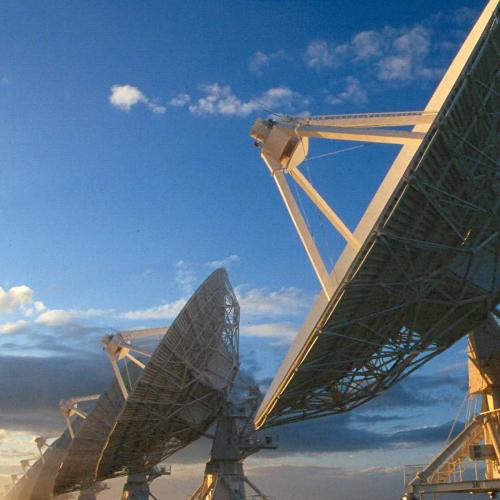Openings at SPS
Polarimetric Electronically Scanning Arrays
Opening for: PhD studentStatus details
| Status: | Open |
|---|---|
| Announced: | 10 Jan 2024 |
| Closing date: | 10 Mar 2024 |
Overview
Join the frontier of innovation in 6G: the future of mobile network technology! A unique Dutch alliance comprising 60 leading ICT businesses, mobile operators, semiconductor manufacturers, and research institutions have united to spearhead the development of specific aspects of 6G: Software antennas, AI-driven network software, and groundbreaking 6G applications. Join us as a PhD student in this prestigious Future Network Services (FNS) flagship project, where research and entrepreneurial pursuits converge.
We offer a Ph.D. position on designing polarimetric antenna elements for wide scanning polarimetric arrays, including the beamforming network, to achieve maximal isolation between polarimetric channels while keeping similar phase shifts and propagation losses for all elements.
Responsibilities
- Conduct in-depth research on polarimetric electronically scanning arrays, staying abreast of the latest advancements and breakthroughs in the field.
- Develop innovative algorithms and techniques for optimizing the performance of polarimetric electronically scanning arrays in telecom and radar applications as well as innovative designs for polarimetric antenna elements and feeding networks.
- Verify theoretical results via experiments.
- Contribute to the scientific community knowledge through high-quality publications.
- Collaborate with industry partners, academic institutions, and research organizations to stay connected with the latest developments and foster collaborative opportunities.
- Prepare and defend the Ph.D. thesis, which summarizes the results of the research.
Conditions of employment
As an industrial PhD, you will be employed by Robin Radar Systems and work at the Faculty of Electronical Engineering of the Technical University of Delft, which will also provide scientific supervision.
Salary and benefits are in accordance with the Collective Labour Agreement for Dutch Universities, increasing from € 2770 per month in the first year to € 3539 in the fourth year. As a Ph.D. candidate, you will be enrolled in the TU Delft Graduate School. The TU Delft Graduate School provides an inspiring research environment with an excellent team of supervisors, knowledgeable and experienced academic staff, and excellent experimental facilities. The Doctoral Education Programme aims to develop your transferable, discipline-related, and research skills.
Requirements
Qualifications
- An MSc in Electrical Engineering, Physics, or a related field
- Strong background in microwave technology, antenna design, and electromagnetics. Background in signal processing is appreciated.
- Proficiency in programming languages such as Python or MATLAB.
- Experience with simulation tools and software for electromagnetic analysis.
- Excellent analytical and problem-solving skills.
- Effective communication and collaboration skills.
- Excellent oral and written skills in English
Contact
prof.dr. Alexander Yarovoy
Professor, Chairman
Microwave Sensing, Signals and Systems Group
Department of Microelectronics
Additional information
In The Netherlands, almost all PhD positions are linked to funded research projects. This has several implications:- PhD students are employed: they receive a salary rather than a grant. Most projects have a duration of 4 years.
- Positions become available once a project is funded. This can happen at any time during the year.
- It typically takes 6 to 9 months for a project proposal to receive funding. In this period, a position may be anticipated but the outcome remains insecure. Once a project is funded, the open position needs to be filled as soon as possible.
If you are interested in our research, it merits to inquire whether openings will be available. We collect resumes of prospective PhD students throughout the year, for each of our research tracks.
General requirements
We make our selection based on the following general requirements:- Formal requirements regarding prior education: you should have earned an MSc degree at a recognized institute for higher education.
- Background: this depends on the specific project.
- Excellence: your Grade-Point-Average should be above 8 (10). Also your MSc thesis should have received a grade above 8 (10).
- English: you should be able to communicate well in english (written and oral). Provide TOEFL/IELTS scores if available.
- Originality: your MSc thesis or later work (publications) should reflect some original ideas. Critical and independent thinking is very important.
- Team player: you should be able to work well in a team of other project members.
